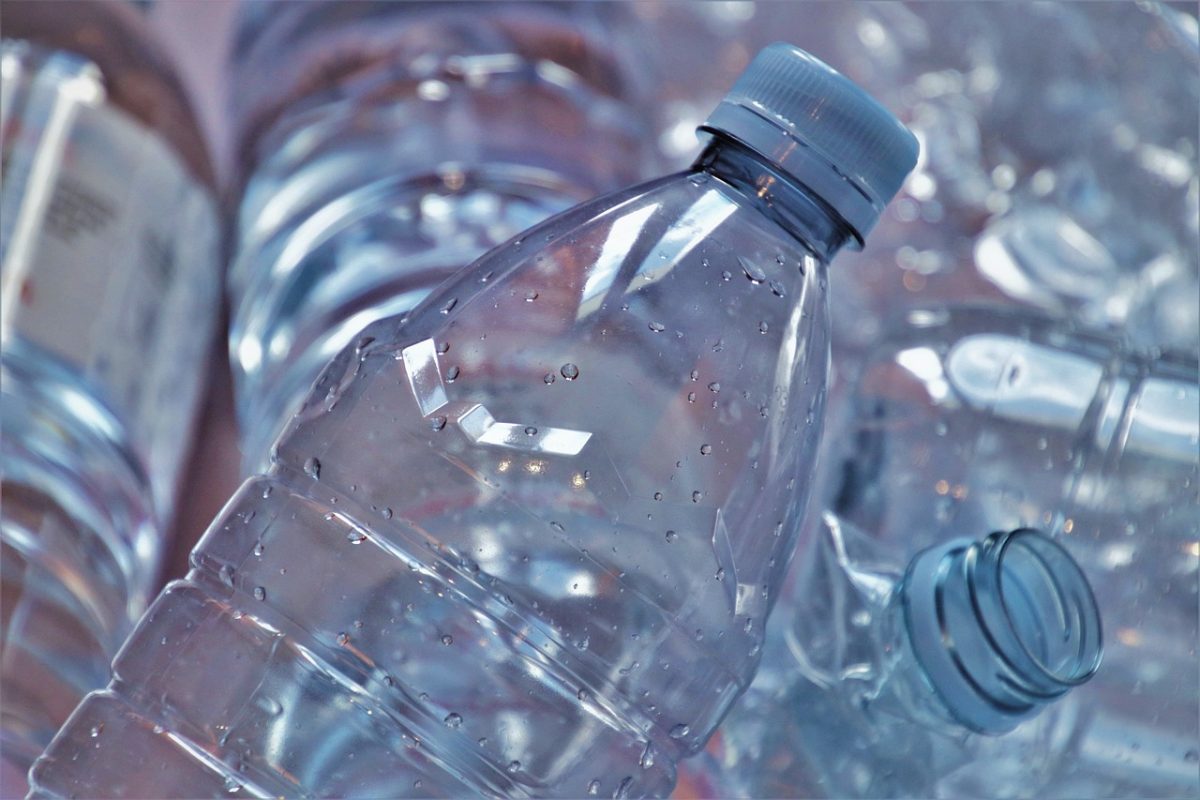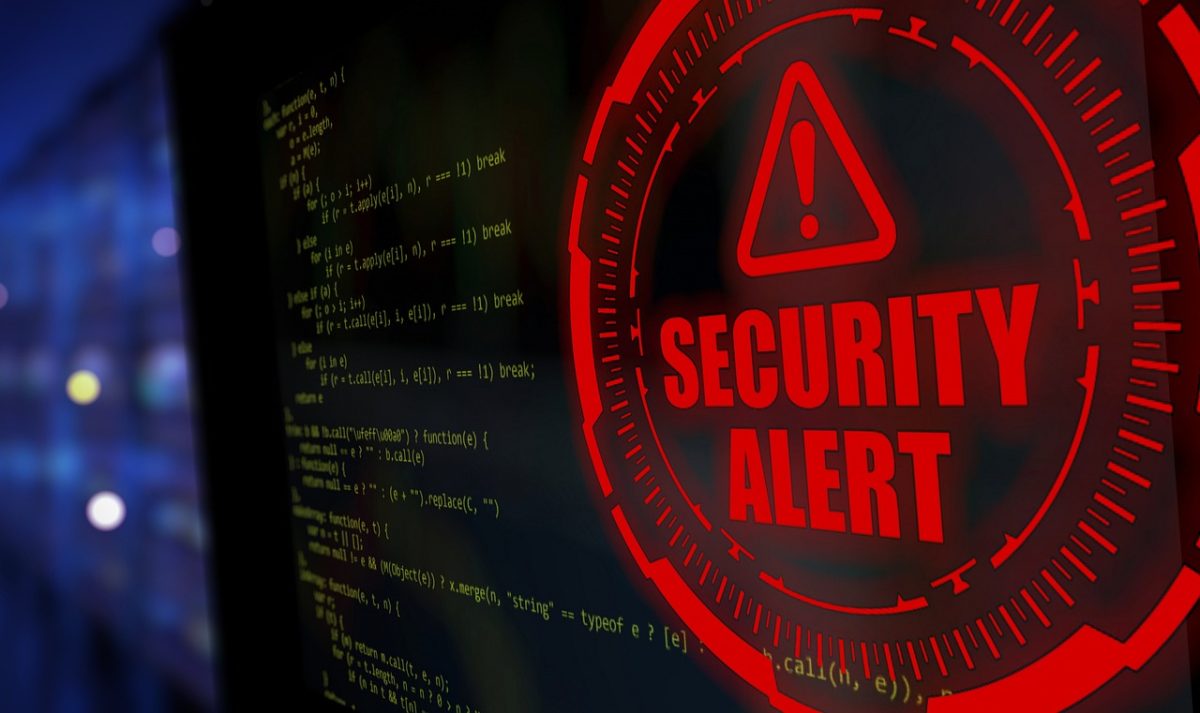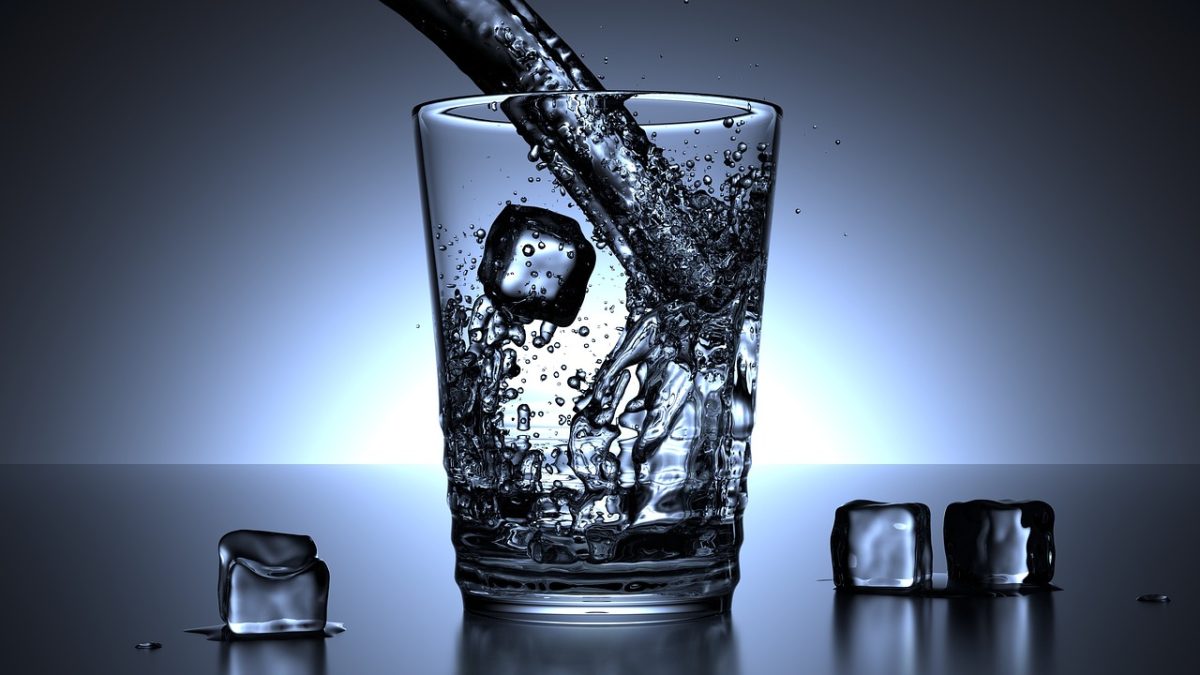In recent years there has been a strong push to increase recycling rates, and for a good reason. There are a lot of issues that sprout from overflowing landfills and waste disposal. Most people know the basics of recycling – paper, plastic, glass, and aluminum, and have no problem putting those items aside; however, it is far more complex than that. When someone recycles, they need to take into account what type of plastic or metal that object is, what form the paper is in, whether the material is clean, or if it has been contaminated in some way— rendering whatever you wished to recycle as unusable. One incorrectly recycled item could ruin an entire batch. In that case, the whole batch will likely be sent to a landfill, perpetuating the problem created if you don’t recycle.
However, the problem extends beyond an understanding of how to recycle— there are situations where people don’t even have access to recycling in the first place. In a time where the climate is of serious concern, there needs to be abundant access and education on recycling to make it a viable option for everyone to help our planet.
Recycling has so many benefits that make it worth the inconvenience, and these benefits are not just environmental. The United States Environmental Protection Agency, or the EPA, reported that in 2020, there were 681,000 jobs that came from recycling and reuse activities in the United States. The EPA reports that, “this equates to 1.17 jobs per 1,000 tons of materials recycled and $65.23 in wages and $9.42 in tax revenue for every ton of materials recycled.”
Recycling also allows for the conservation of natural resources and energy. As explained by Napa Recycling, the Recycling and Waste Services for Napa City and Napa County, a significant amount of greenhouse gasses are produced in the creation of plastic. However, if plastics are recycled, this will cut down the amount of new plastics that need to be created, and therefore lower greenhouse gas emissions. The EPA also reported that in 2018, guiding recyclable materials away from landfills and incinerators helped to save “over 193 metric tons of carbon dioxide equivalent.” Overall, the more that people recycle, the cleaner the world can become.
Seeing all of these benefits, it would make sense if recycling was abundant, but the recycling rates of most countries are concerningly low. According to the World Population Review’s data on countries recycling rates in 2022, only 34 of the 179 countries included had a recycling rate of 30% or over, and none had a recycling rate over 70%, showing how few countries are actively participating in recycling. While it is not possible for every country to recycle their resources, larger countries with more resources and access to recycling should be pushing further towards making recycling accessible and easy to do. With convenience and access, it would be likely that more people would be recycling regularly.
An issue that frequently arises is that people do not know how to recycle correctly, and it can cause problems. The New York Department of Environmental Conservation reports, “Some materials that do not belong in the recycling bin can cause serious issues such as contaminating and decreasing the value of other recyclables, damaging recycling equipment, or injuring people who work at the facilities.” This is a problem that makes it so that even if people are trying to recycle, they could only be making things worse.
It is important to know where to find information about recycling. For the state of New Jersey, county-based information about recycling can be found on the New Jersey Department of Environmental Conservation’s Website. On the website they have a chart that organizes what can and can’t be recycled by county.
Germany, one of the countries with the highest recycling rates, has found a good method for making recycling more accessible. According to Earth.org, an environmental news website, in 2019, Germany’s recycling rate was around 67%, which is an excellent rate in comparison to most other countries. A method they used to assist in making recycling more accessible was something called the Deposit Refund System (DRS). The DRS implements an extra charge of around the range between 25 and 50 cents when a shopper buys a product in a recyclable container. Later, the shopper can return the packaging to the store they bought the product from and the extra charge will be refunded. The DRS provides an incentive for customers to return these containers, and it has proven itself to be highly effective— the return rate in Germany is around 98%. Not all containers are returnable through the DRS, but those that are not usually have their prices marked up to encourage customers to seek out products with returnable containers.
South Korea also makes use of the DRS, and according to current statistics, has the highest recycling rate in the world. The New York Times reported on South Korea’s success with recycling, which is a result of the policies that implement strict organization as well as fines for not complying. The government provides access, guidance, and incentives to encourage recycling, which are the few things needed to make recycling possible.
In terms of our own school community, Lakeland Regional High School, it is difficult to find access to recycling. This is problematic because it makes it more difficult for students to be able to develop good recycling habits when they don’t have the ability to recycle in school. Schools should be somewhere that students can learn how to recycle and form sustainable habits. If Lakeland makes recycling facilities readily available to students and teaches them how to recycle properly, they can work to build a brighter future for our planet.









